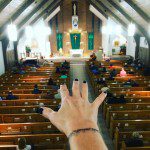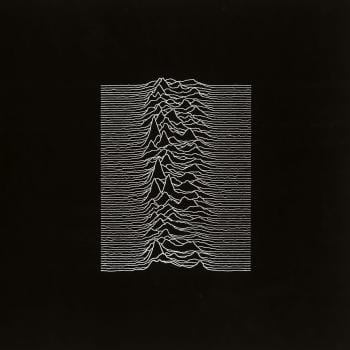On November 2, the Catholic Church celebrates All Souls’ Day, to remember and pray for all who have died; not just the saints we assume are already in Heaven (all saints).
The souls of the just are in the hand of God,
and no torment shall touch them.
They seemed, in the view of the foolish, to be dead;
and their passing away was thought an affliction
and their going forth from us, utter destruction.
But they are in peace.
For if before men, indeed, they be punished,
yet is their hope full of immortality;
chastised a little, they shall be greatly blessed,
because God tried them
and found them worthy of himself.
As gold in the furnace, he proved them,
and as sacrificial offerings he took them to himself.
In the time of their visitation they shall shine,
and shall dart about as sparks through stubble;
they shall judge nations and rule over peoples,
and the LORD shall be their King forever.
Those who trust in him shall understand truth,
and the faithful shall abide with him in love:
because grace and mercy are with his holy ones,
and his care is with his elect.Wisdom 3:1-9
Sometimes my own ignorance, the laziest form of privilege, shocks me. Even though I’m from the small Cajun town of Opelousas, I didn’t hear about the “Opelousas Massacre” until well into adulthood.
In 1868, black locals were turned away from a political meeting. When a white newspaper editor, Emerson Bentley, wrote about their assault, he was beaten up–“severely caned”–and threatened by three men from a local chapter of the white supremacist group the Knights of the White Camellia. Bentley fled town soon after. A group of local black men, assuming the reporter had been killed, armed themselves and marched from a nearby community to the city of Opelousas, where they were met by armed whites. Shots were fired on both sides, but many of the black men were arrested and executed.
For the next few weeks, the violence continued. Historians say that between 25-30 white people and 200-300 black people were killed in what became known as the Opelousas Massacre.
Historian Carolyn DeLatte argued that the white Southerners acted in the same manner that they had for many years. This time, however, “the vengeance visited upon the Negroe population was greater, as blacks were no longer protected by any consideration of their monetary value.” The riot echoed its influence in the political as well as social arena, where whites bounded together to protect their rights from black infringement, and blacks stepped away from their right to vote in order to evade persecution.
| I thought of this story while I watched the documentary 13th, which claims that even though the 13th amendment abolished slavery, it really only changed who slave-owners are: instead of singular folks, the state’s penitential system now owned human liberty. Our prisons are disproportionately filled with people of color. | ||
| I’m a white guy from a small town in the South; I assumed that 13th would be politically partisan, but the filmmakers lay the blame on both sides of the political divide. They interview politicians with “R” and “D” after their names, and neither is cast as villainous. Ultimately, the film says a solution to racial inequality and tension in our country won’t come from these politicians but from the citizens themselves. It’s our sin to repent. Only by transforming our attitudes toward the treatment of our neighbors with different skin tones and backgrounds will we be able to move toward justice.
The legacy of slavery still haunts the deep south. The Opelousas Massacre was only 150 years ago–which reminds me that the passing of the 13th amendment was not so long ago at all. It’s one of those things we just don’t talk about. We’d rather think it was ancient history, but it’s not just an unspeakable past. It’s still with us, and we are rightly ashamed. However, the Catholic remembrance of the dead, which we somberly celebrate during the month of November, helps us in this regard. To remember the dead is also to remember the world as it was. And understanding the past is the only way we can make sure that the ongoing injustice of slavery, and any form of injustice, is addressed and, we pray, alleviated. Not in God, because there is no injustice in God, but among us – the antiheroes, humanity. We pray for all souls; that they may become saints. And we ask all saints, pray for all of us, the living and the dead. |
https://www.youtube.com/watch?v=V66F3WU2CKk












